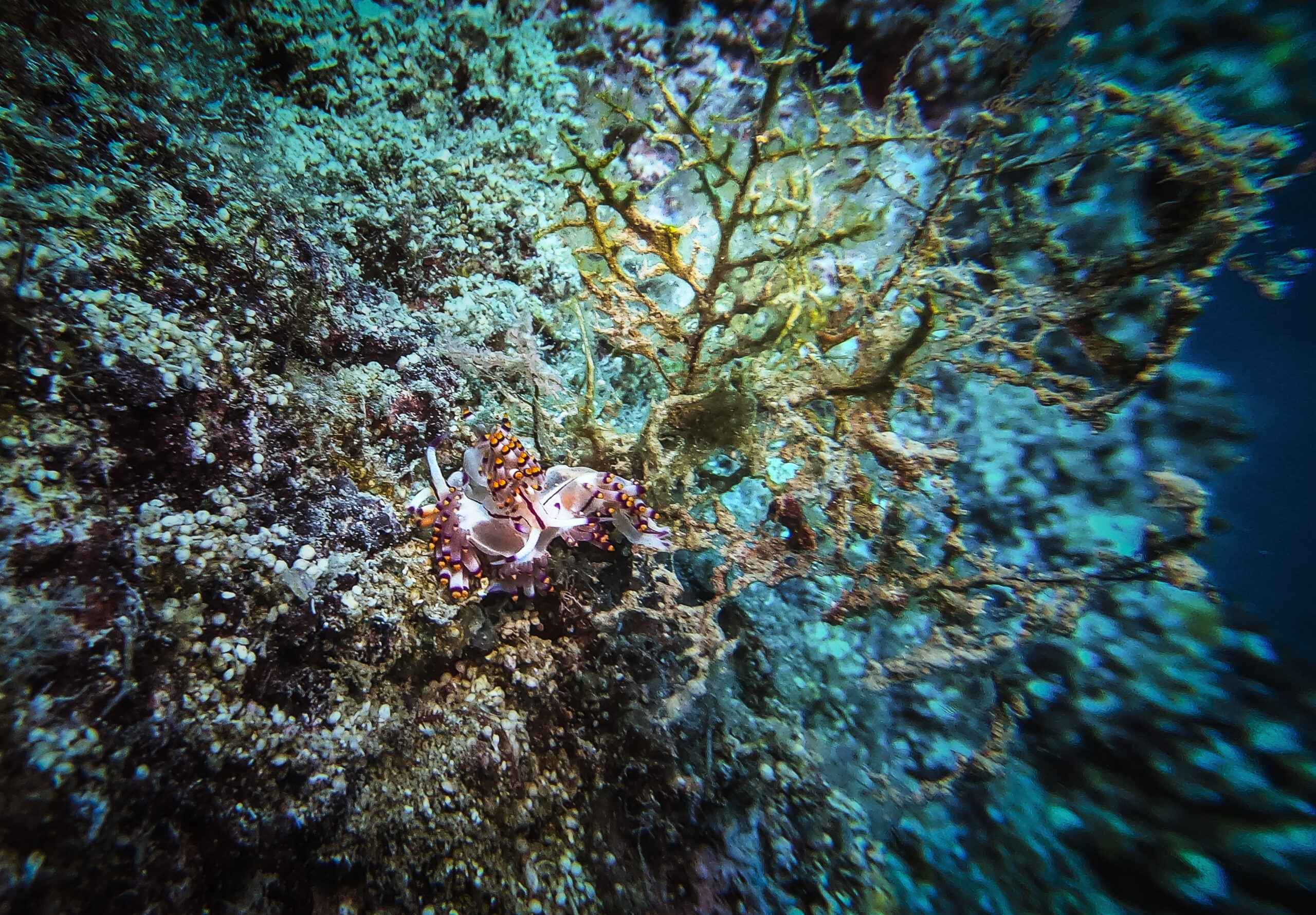
The World Wildlife Fund (WWF) filed a lawsuit Friday with an Oslo court challenging Norway’s plan for seabed mineral exploration, which it claimed has failed to test the possible effects of such activity, according to a statement.
The organization believes the decision was made based on a strategic effect assessment that does not meet minimum requirements.
The case argues the decision breaches national law, goes against the counsel of the government’s advisers and sets an alarming precedent.
“We believe the government is violating Norwegian law by now opening up for a new and potentially destructive industry without adequately assessing the consequences.
“It will set a dangerous precedent if we allow the government to ignore its own rules, override all environmental advice, and manage our common natural resources blindly,” Karoline Andaur, chief executive of WWF-Norway, said in a statement.
In January, Norway became the first country to approve the controversial practice of commercial-scale deep-sea mining, despite warnings from its own environmental agency, national and international research communities, and criticism from the EU and across the world.
The new bill will speed up the search for precious metals which are in high demand for green technologies, however, environmental scientists have warned it could be devastating for marine life.
The deep sea contains minerals such as lithium, scandium and cobalt which are crucial for clean technologies such as batteries.
Oslo plans to open 280,000 square kilometers (108,000 square miles) of national waters for companies to apply to mine the sources, according to media reports with the first licenses expected to be issued in 2025.
But mining will not start before 2030 and will require approval from Norwegian lawmakers.
Supporters of deep-sea mining argue that extracting raw materials from the seafloor will enable a faster transition to a low-carbon economy which in turn could come at a lower environmental cost than terrestrial mining.
So far, 25 countries, including France, the UK, Mexico and Denmark, have called for a precautionary pause, moratorium, or ban on deep seabed mining, said WWF-Norway.
More than 800 marine scientists from 44 countries expressed concern about the Nordic country’s decision.
In January, the European Commission demanded a ban on deep seabed mining until gaps in scientific knowledge are properly filled and it can be demonstrated that the activity has no harmful effects on the marine environment.
The European Parliament voted almost unanimously in February in favor of a resolution that criticizes Norway’s plan.
